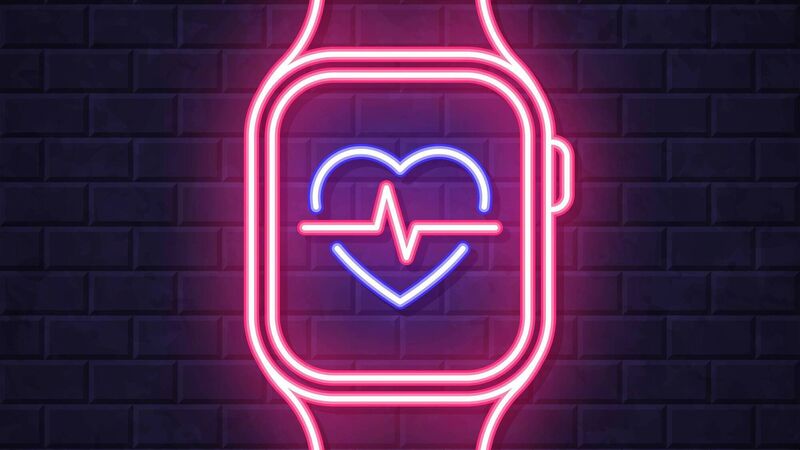Health watch: How much health data is healthy?

Just because we can track almost every aspect of our health doesn’t mean we should. Picture: iStock
Try from €1.50 / week
SUBSCRIBECounting steps and assessing sleep were previously the key features of a fitness tracker. But now you can also monitor your heart rhythm, menstrual cycle, and gut health and not just inactivity and tiredness.
But do we really need to keep such close tabs on every aspect of our health, via smartwatches and apps?
Already a subscriber? Sign in
You have reached your article limit.
Annual €130 €80
Best value
Monthly €12€6 / month
Introductory offers for new customers. Annual billed once for first year. Renews at €130. Monthly initial discount (first 3 months) billed monthly, then €12 a month. Ts&Cs apply.
CONNECT WITH US TODAY
Be the first to know the latest news and updates
CONNECT WITH US TODAY
Be the first to know the latest news and updates

Our team of experts are on hand to offer advice and answer your questions here
Newsletter
The best food, health, entertainment and lifestyle content from the Irish Examiner, direct to your inbox.
© Examiner Echo Group Limited